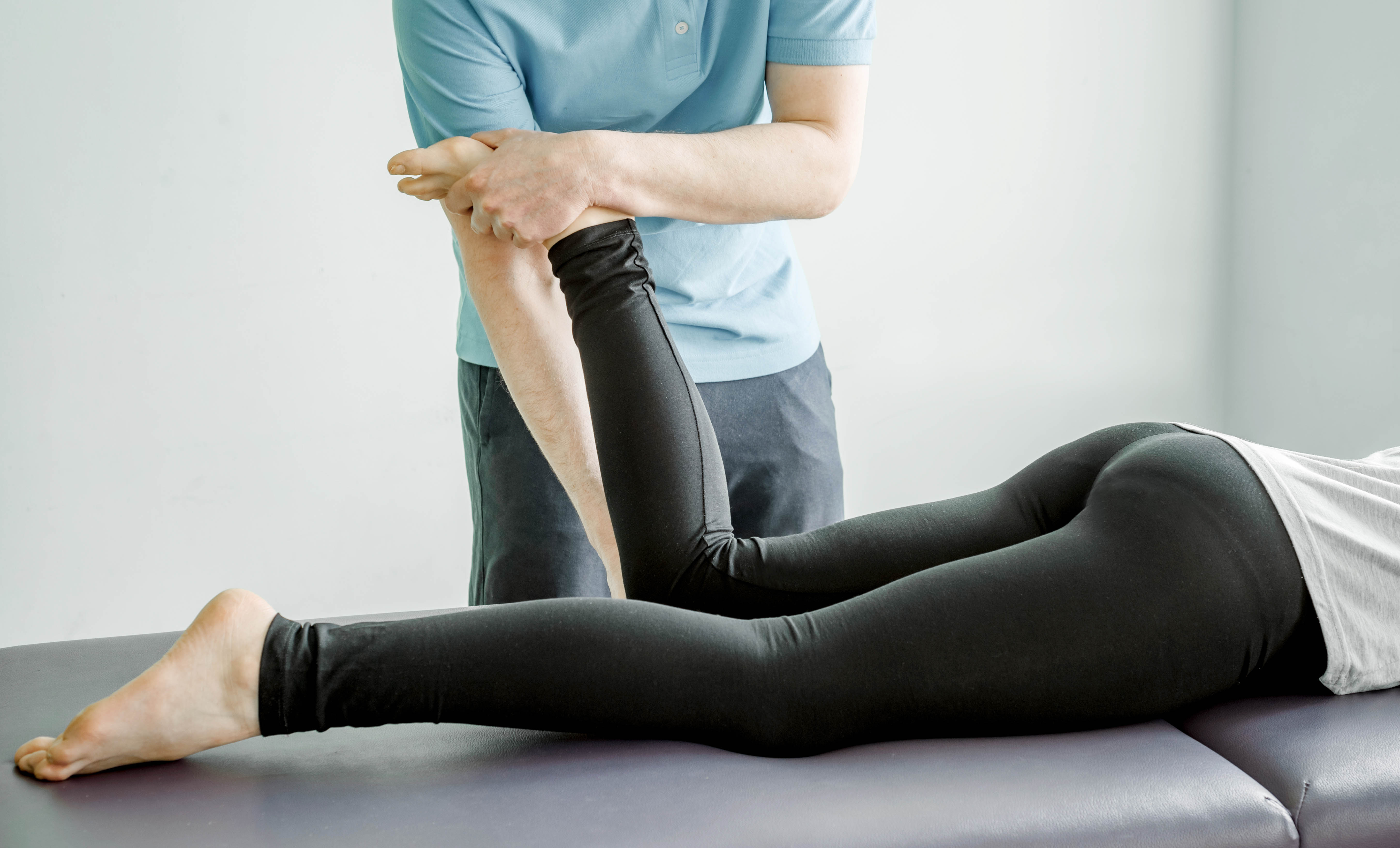What is Fascial Stretch Therapy (FST)?
Living Well

Written by: Eric Bols, Personal Trainer & FST, Toronto Athletic Club
FST is a full body mobility restoration system aimed at improving joint function and range of motion (ROM) by reducing muscle and neuro-myofascial tension.
Fascia is the connective tissue or “sausage casing” that is loaded with nerve endings and surrounds all joints and muscles. This far-reaching fibrous system affects the entire body’s movement capacity as it wraps its way around various fascial lines as described by Thomas Myers’ book Anatomy Trains. For example, any restrictions in the spiral line on the lower lateral leg (like multiple ankle inversion sprains) can move upwards and disturb hip, trunk, and shoulder function.
By reducing fascial tension, you can begin to “open up” and decompress joints to allow muscle tone to normalize and affect ROM positively. Consistent diaphragmatic breathing is encouraged during all treatments. Beside keeping you relaxed, the breath pattern creates a link to your parasympathetic nervous system, reducing stress and anxiety, and can sharpen neural pathways needed to re-educate muscle activation. Over time you can create an environment where the body begins to develop a stronger base to control and improve movement patterns, reduce compensations, recover quicker and avoid repetitive stress and injuries.

This treatment protocol is a great way to relax and get stretched or can be used with more vigor to prepare for a specific activity or sport.
Benefits:
- Joint Health
- Range of motion without pain
- Recovery tool after workouts or activities
- Injury prevention and rehab protocols
- Sport performance optimization
- Mental health and relaxation
Please reach out with any questions and to book your session today!
Adelaide Club - email Lauren Neal
Cambridge Club - email Sean O'Neil
Toronto Athletic Club - email Eric Bols
Book an Appointment at the Adelaide Health Clinic
Book an Appointment at the Sport Medicine Clinic
Now is your time to set it free with FST!
4394